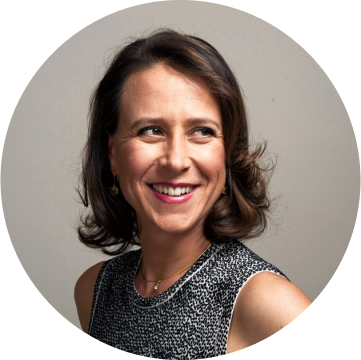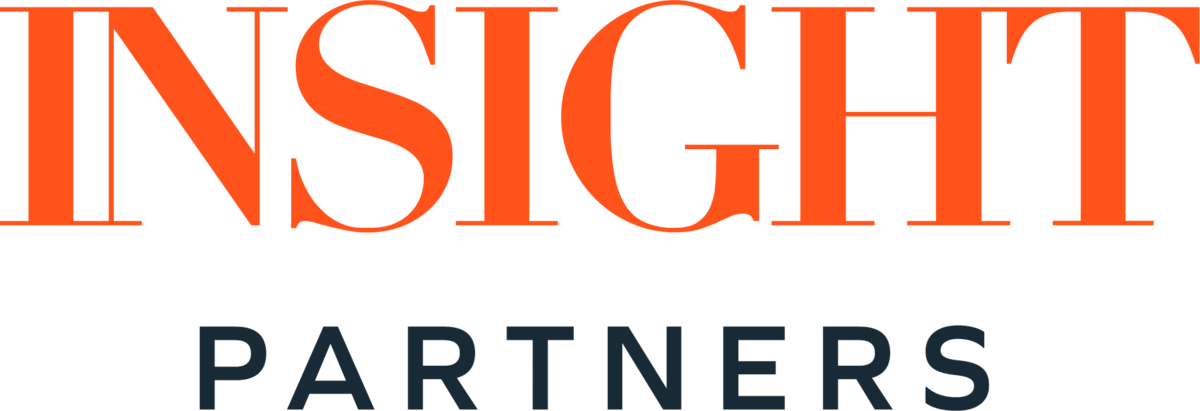Redefining women’s health with innovative solutions
We believe novel advances in the fertility industry will improve and modernize the entire female reproductive journey.
We bring together scientists, innovators, and experts passionate about modernizing and improving women's health
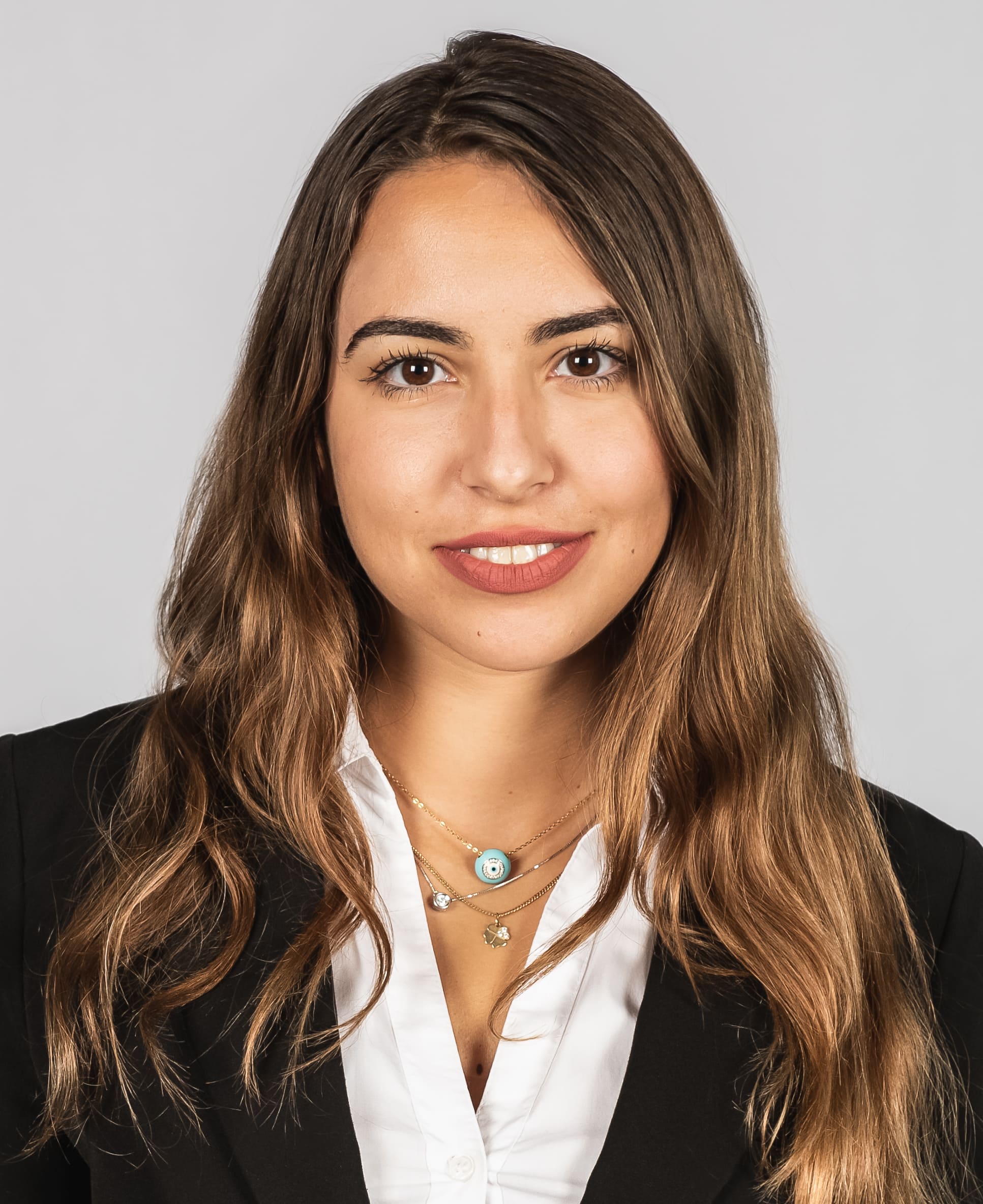
Dina Radenkovic
Co-founder & Chief Executive Officer
Dina is a medical doctor and a healthcare entrepreneur. Prior to her role as Co-founder & CEO of Gameto, Dr Dina Radenkovic was a partner at SALT Bio Fund (salt.org) and had research posts at King’s College London and the Buck Institute for Research on Aging. She qualified with a dual degree in medicine and physiology from UCL Medical School awarded the best overall performance in physiology BSc. Dina did her residency at St Thomas’ Hospital in London. She has over 30 academic papers, 7 grants and over 40 scientific conference presentations. She is fluent in 5 languages and 3 programming languages.
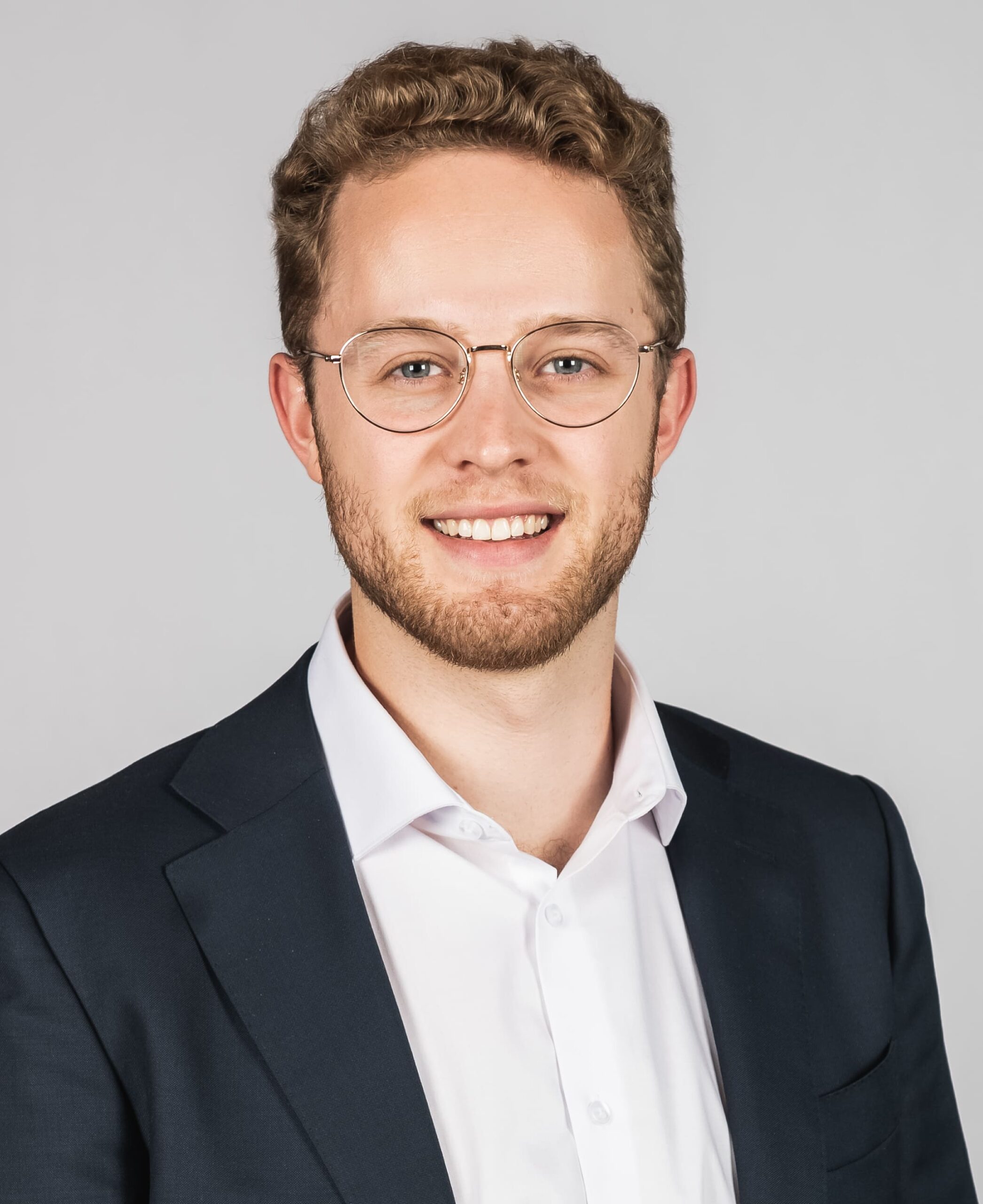
Christian Kramme
Chief Scientific Officer
Prior to joining Gameto, Christian Kramme completed his PhD at Harvard Medical School working with the Sponsored Research Agreement of Gameto and Professor George Church’s lab. His thesis work “Multimodal investigation of human in vitro oogenesis” was based on high-throughput screening of transcription factors for generation of human germ cells, oocytes, and ovarian supporting cells to model genetic causes of infertility. Prior to Harvard, Christian received his B.S. in Molecular Genetics from UCLA, graduating Magna Cum Laude. While at UCLA, Christian conducted research on cannabinoids for migraine and chronic pain treatment. His work on synthetic biology and cell engineering for human oogenesis has yielded numerous patents and publications.
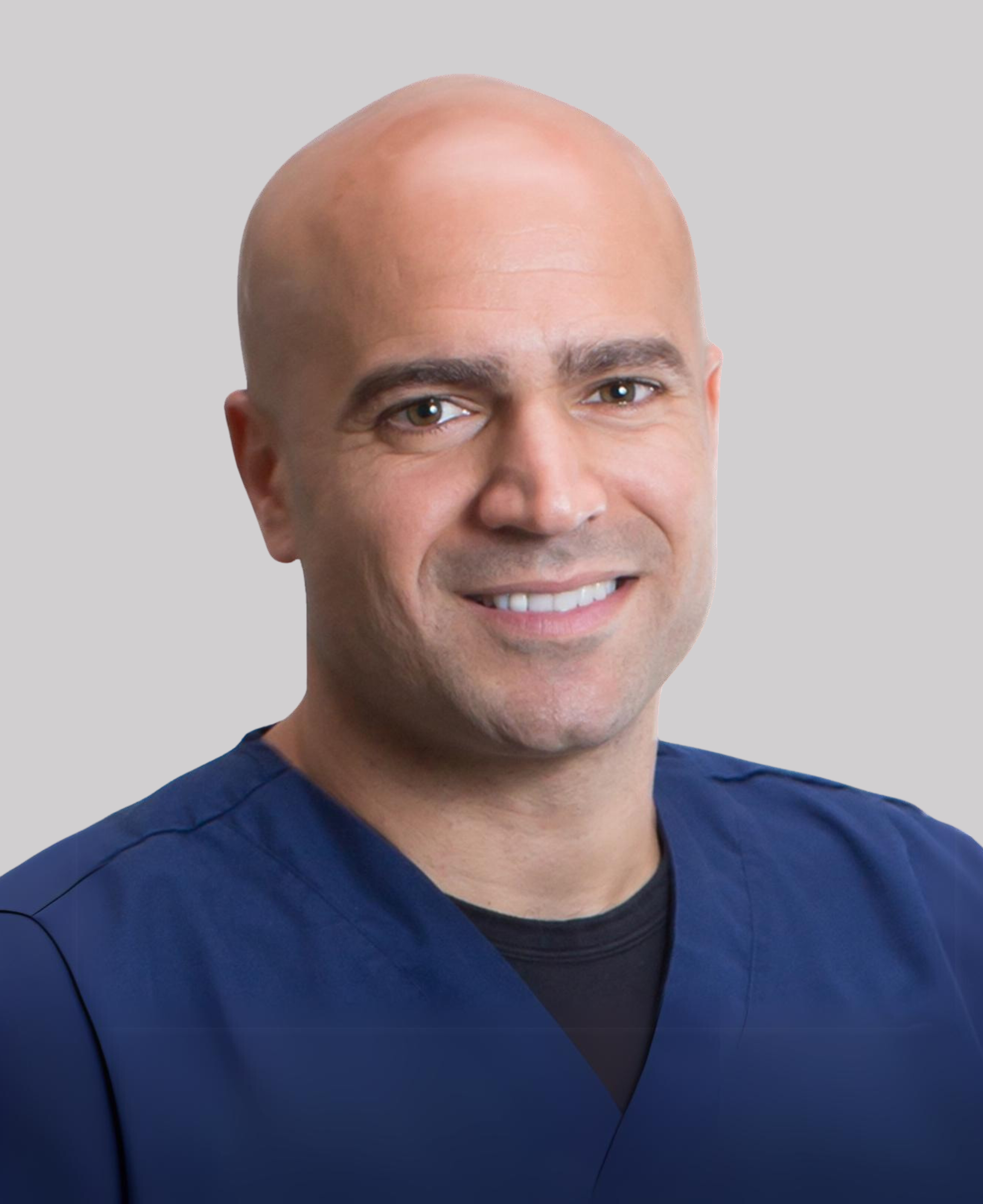
Gus Haddad
Chief Medical Officer
Dr. Gus Haddad has been a practicing physician since 2007 and currently resides in Houston. He received his medical degree from the American University of Beirut, and has completed his Residency in Obstetrics and Gynecology from the University of Mississippi with further subspecialty training in Reproductive Endocrinology and Infertility from the University of Cincinnati in Ohio. In addition to practicing medicine, Dr. Haddad is also a prolific entrepreneur. He co-founded the Houston Fertility Institute (currently Aspire HFI) and drove it to become one of the largest fertility practices in the nation. He is also a cofounder of Vivere Health, one of the first private equity backed fertility practice networks in the United States. He was part of the team that engineered a multiple sequential sales of both HFI and Vivere to Prelude Fertility Network and remains on the HFI team as Medical Director. Dr. Haddad also co-founded Conceptions Pharmacy, a fertility specialty pharmacy which he later sold. Throughout his career Dr. Haddad has helped thousands of patients through their infertility journey and remains committed to advancing innovation in women’s health and to reproductive healthcare and infertility.
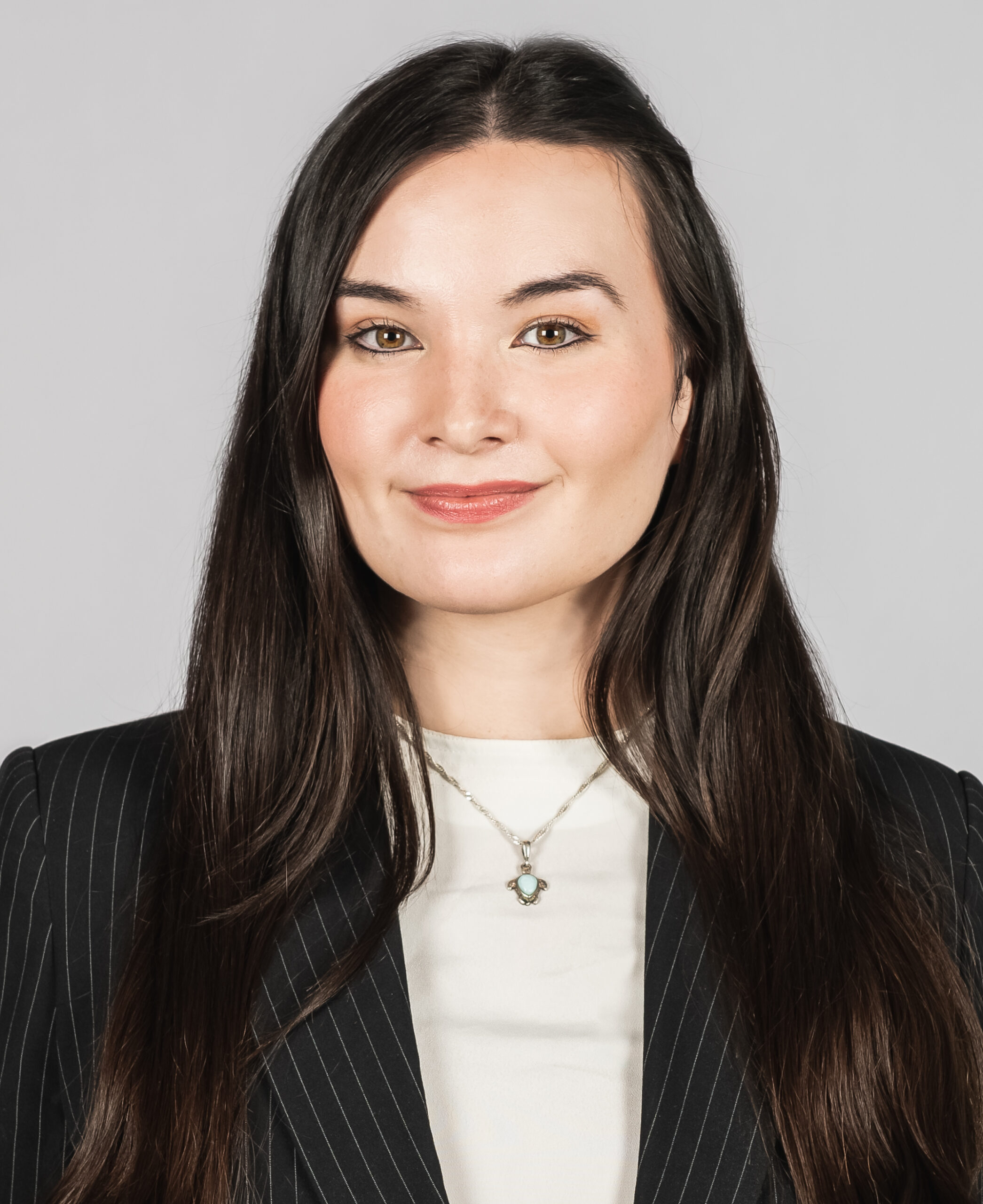
Agustina Imfeld
Counsel & Chief Legal Officer
Agustina graduated with a Bachelor of Laws from the Universidad Nacional del Nordeste in Corrientes where she completed the six-year law degree in fewer than three. She also completed an MBA in Innovation Management at the Universidad de Buenos Aires, and graduated from the University of Georgia Master of Laws program where she received a merit-based full scholarship. Her most recent role was in Complex Litigation at Clarin Group, where she worked on high-stakes cases, such as securing an injunction against the federal government of Argentina to suspend the nationalization of telecommunication services. Agustina has performed pro bono work, including a project funded by the United Nations Democracy Fund which aims to promote vulnerable women’s access to justice in civil cases. She was selected as one of 500 young leaders in LATAM by the Climate Finance Group for Latin America and the Caribbean to promote transparency and accountability of international financing in climate change.
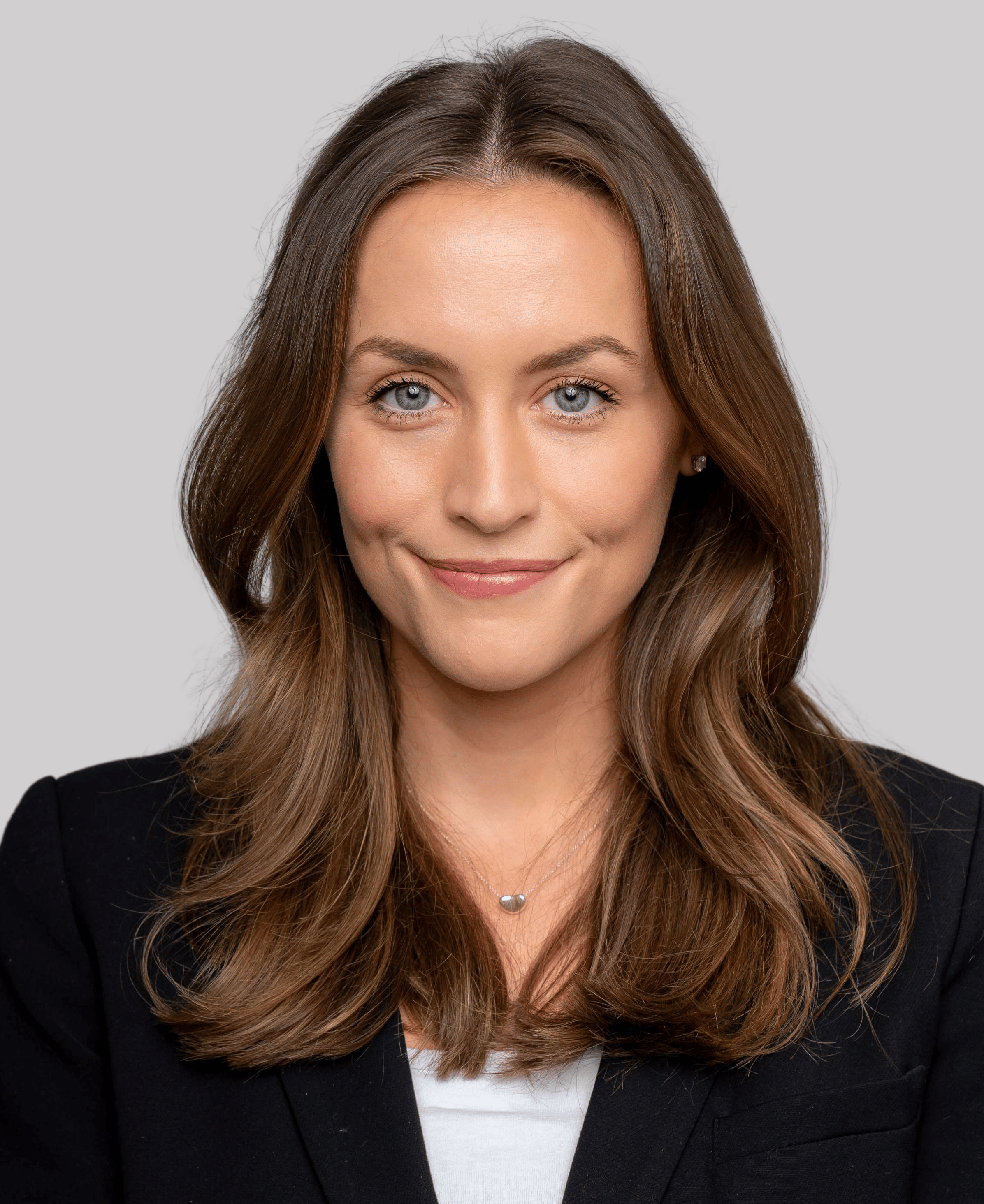
Emily Bosworth
Director of Business Development & Corporate Strategy
Emily serves as the Director of Business Development & Corporate Strategy at Gameto. Having joined the company as an early employee in a generalist role, Emily has since honed her focus on business development and strategy, utilizing her expertise to drive growth and success for the company. Emily’s prior experience includes healthcare consulting at ClearView Healthcare Partners, where she advised clients ranging from biotech start-ups to large pharmaceutical companies across various therapeutic areas. In particular, she developed key commercialization and value, pricing, and access strategies. Emily holds a bachelor’s degree from Harvard College, having graduated Magna Cum Laude in Neuroscience and Global Health & Health Policy, and brings a deep understanding of the healthcare landscape to her work at Gameto.
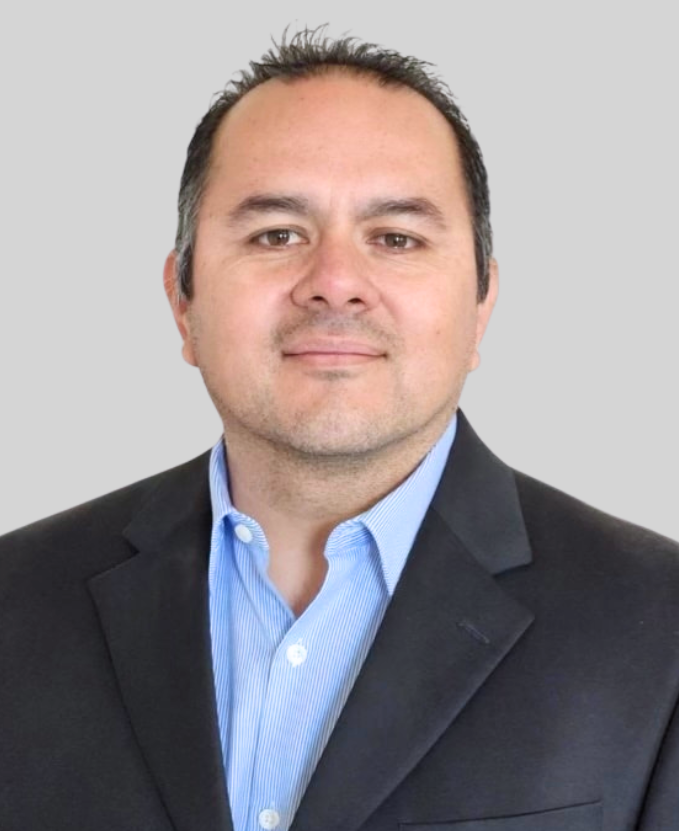
Isai Castañeda
VP of Finance & Accounting
Isai is a Certified Public Accountant with over twenty years of financial experience and over fourteen years of experience in the healthcare industry. Prior to joining Gameto, Isai served as the Senior Director of Corporate Accounting at Molecular Templates, a clinical-stage biopharmaceutical company, and as the Director of Accounting and Financial Reporting for MedImpact Healthcare Systems, Inc., the largest independent pharmacy benefit solutions company in the United States. He began his career at Moss Adams LLP, serving Audit clients in various industries. Isai holds an MBA and a bachelor’s degree in accounting from California State University.
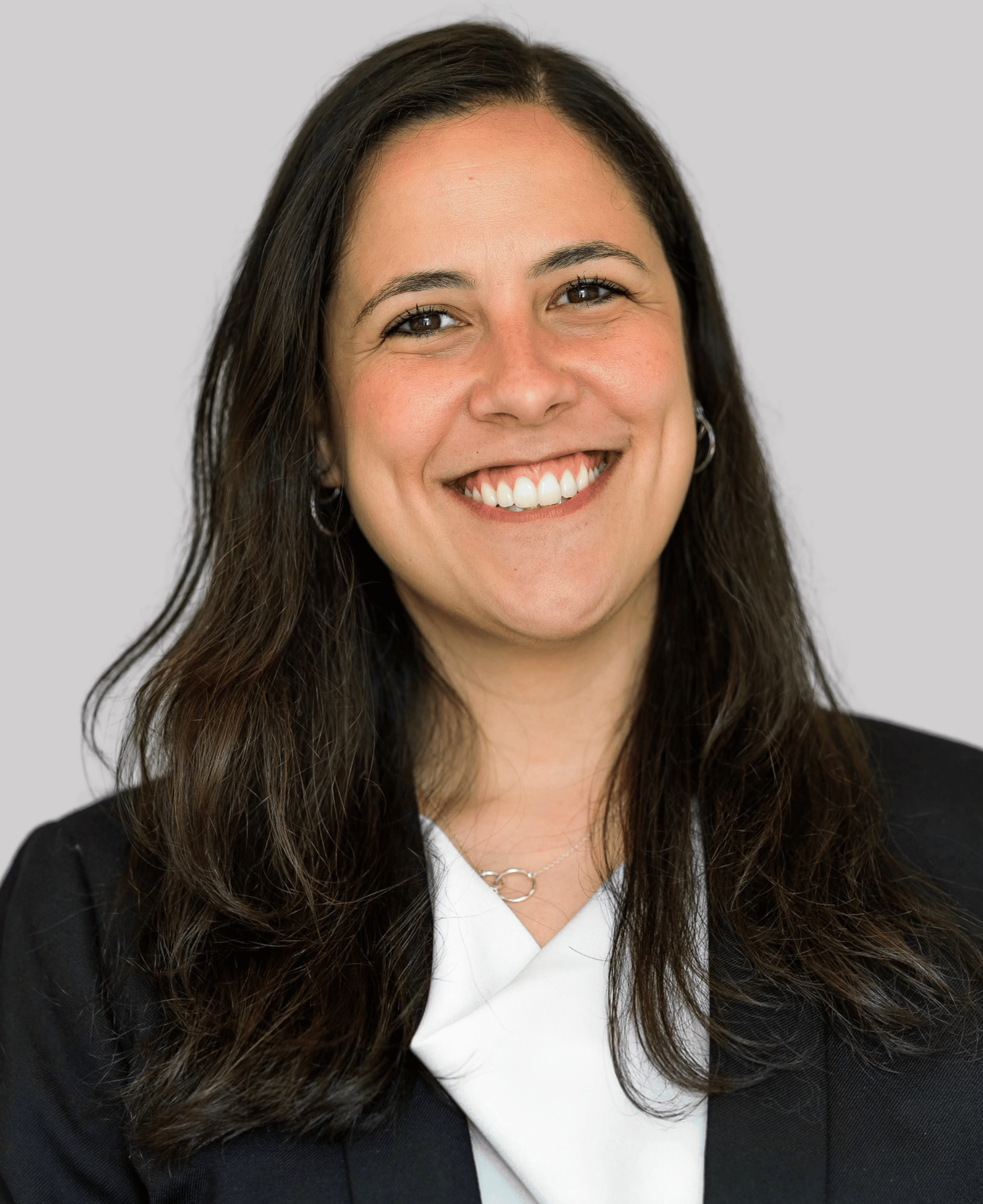
Bruna Paulsen
VP of Manufacturing & Therapeutic Development
Bruna is a stem cell biologist, with over 15 years of expertise in reprogramming, human pluripotent stem cell culture and differentiation approaches to generate disease-relevant cell types, and identify disorder-specific phenotypes in vitro. Prior to joining Gameto, Bruna Paulsen did her postdoctoral research at the Department of Stem Cell and Regenerative Biology at Harvard University. Bruna has a successful publication record with 23 peer-reviewed and 7 as first-author publications including Nature and Nature Biomedical Engineering, and over 30 invited presentations and multiple awards, including International Society for Stem Cell Research Award for Scientific Excellence, and Rising Star Award from Massachusetts Institute of Technology.
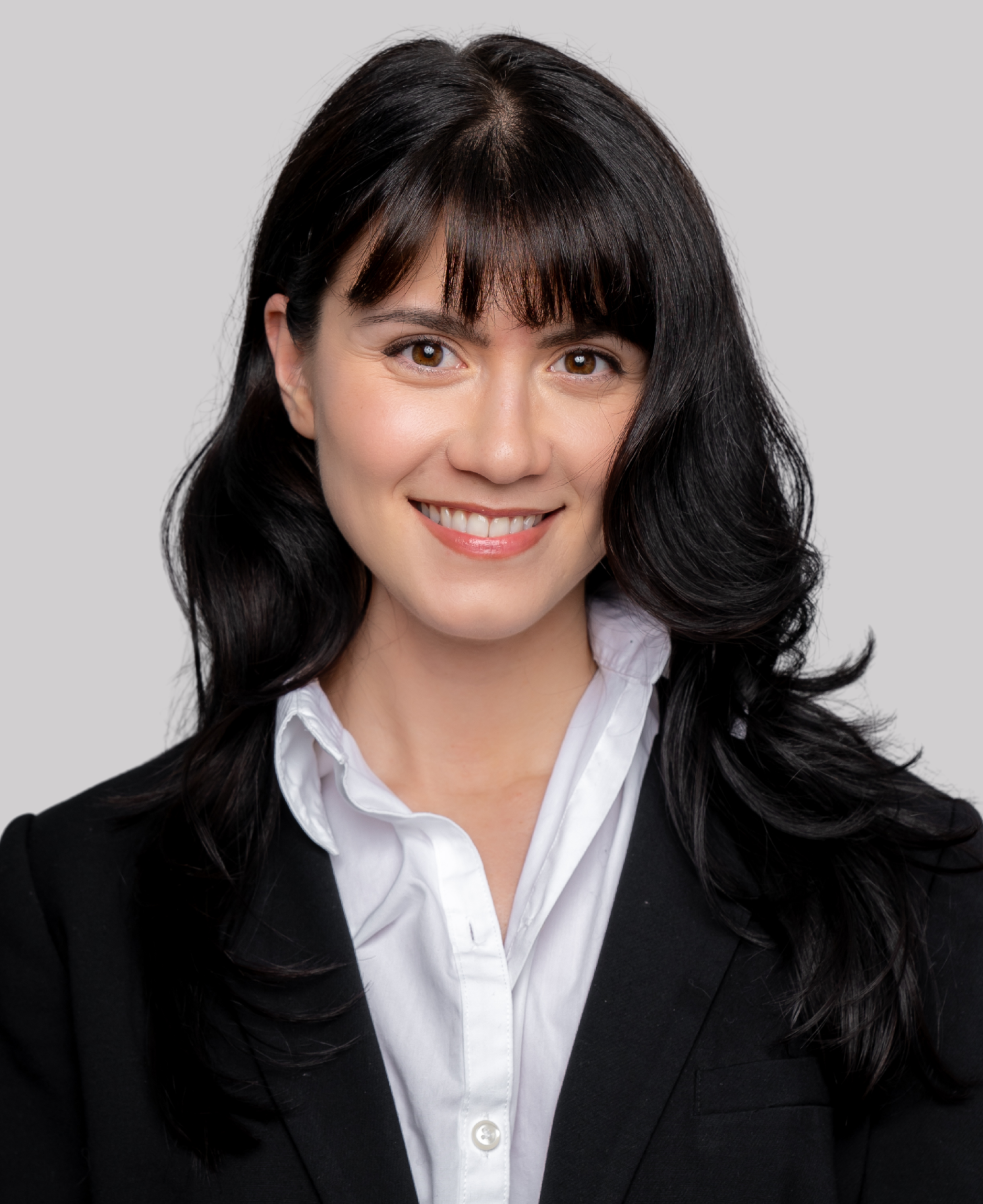
Sabrina Piechota
Embryology Department Manager
Sabrina leads the embryology department at Gameto, instrumental to the validation of Fertilo. Prior to joining Gameto, Sabrina worked at women’s health startup Aspira Women’s Health, where she was instrumental in building out Aspira’s state of the art molecular science laboratory. Prior to working for Aspira, Sabrina worked for four years as a clinical embryologist at the Reproductive Medicines Associates of Connecticut, where she became skilled in egg retrievals, denudation of oocytes, assisted laser hatching, complex sperm preparation, embryo thaw & vitrification, frozen/fresh embryo transfer, conventional insemination, and intracellular sperm injection. Sabrina holds a Bachelor of Science in Biology from the University of Hartford and a CLIA state certification, and with both clinical and medical backgrounds brings diverse expertise to the team at Gameto.

Dina Radenkovic
Co-founder & Chief Executive Officer
Dina is a medical doctor and a healthcare entrepreneur. Prior to her role as Co-founder & CEO of Gameto, Dr Dina Radenkovic was a partner at SALT Bio Fund (salt.org) and had research posts at King’s College London and the Buck Institute for Research on Aging. She qualified with a dual degree in medicine and physiology from UCL Medical School awarded the best overall performance in physiology BSc. Dina did her residency at St Thomas’ Hospital in London. She has over 30 academic papers, 7 grants and over 40 scientific conference presentations. She is fluent in 5 languages and 3 programming languages.
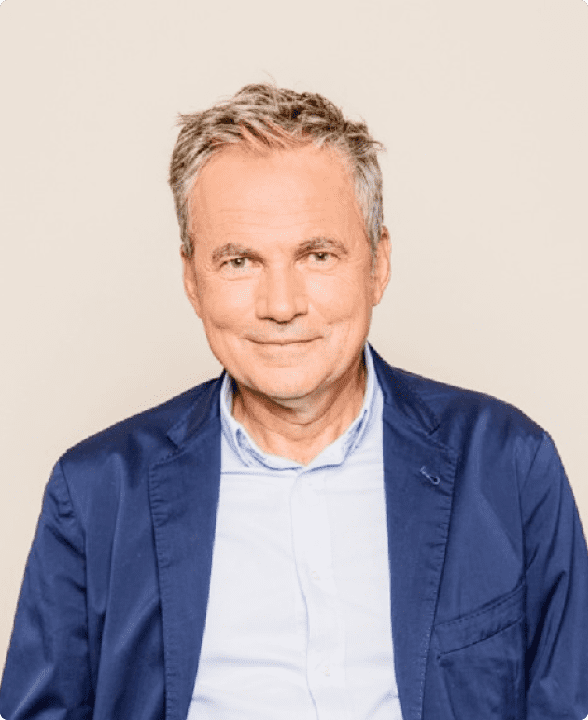
Martin Varsavsky
Co-founder & Chairman
Martin Varsavsky is a serial entrepreneur, professor, and investor. He has founded 8 companies in the last 30 years. He is co-founder of Overture Life, a company automating the embryology lab. Martin is the founder & non-executive chairman of Prelude Fertility, the largest network of fertility clinics in the United States. Previously, he founded several successful ventures in the technology space including Jazztel, Spain’s second-largest publicly traded telecom operator; Viatel, best known for inventing call-back and building the first pan-European fiber optic network, and Eolia Renovables. Martin is the recipient of various honors and rewards, among them European Telecommunications Entrepreneur of the Year in 1998, ECTA’s European Entrepreneur of the Year in 1999, Global Leader for Tomorrow by the World Economic Forum in Davos, 2000, and Spanish Entrepreneur of the Year in 2000, Pickering Prize from Columbia University 2004.
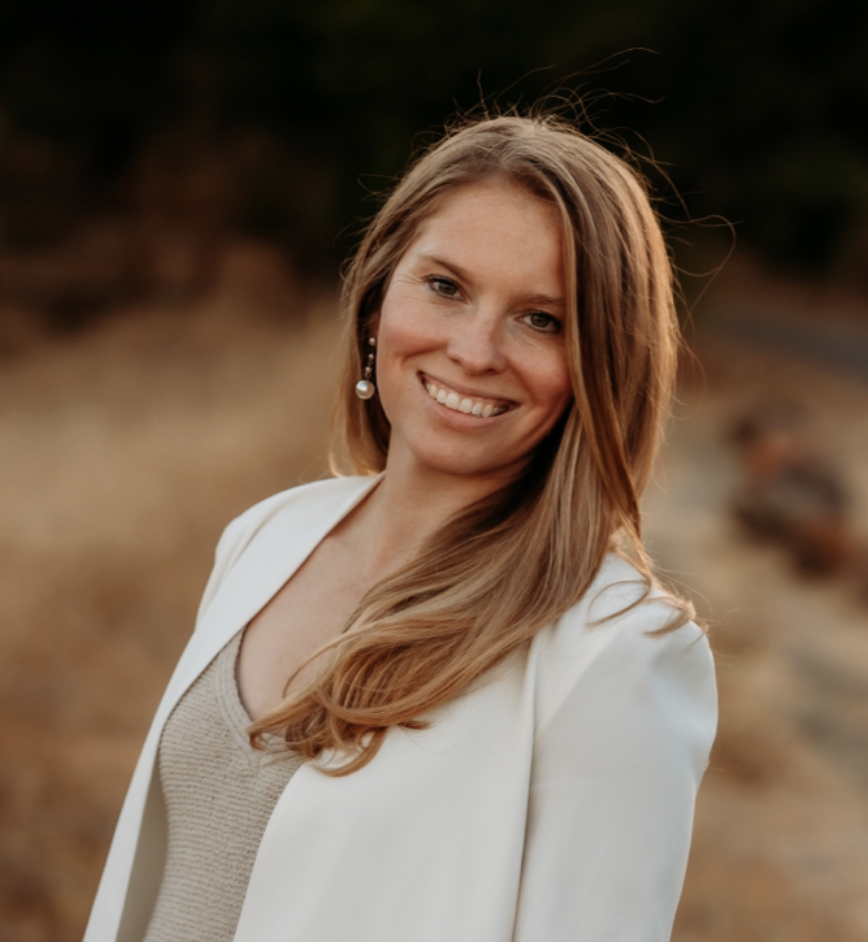
Kristina Simmons
Director
Kristina Simmons has built, advised, and invested in leading brands, establishing herself as a trusted partner with proven venture and operational experience. At lululemon, she was an early member of the “web team,” playing a pivotal role in launching e-commerce and managing social media and digital channels, making lululemon a pioneer in these spaces. She later led Emerging Products and Concepts, focusing on innovative initiatives such as digital products, strategic partnerships, and international expansion. Kristina then joined Andreessen Horowitz as a partner, where she supported market development, helping portfolio companies evolve into renowned brands and connecting them with global leaders. Her career path then led her to an early-stage food startup, transitioning later to advising and angel investing. At Khosla Ventures, she served as Chief of Staff and investment partner, serving on boards from Seed to Series D. Recognizing the need for a more founder-centric approach in venture capital, Kristina founded Overwater Ventures to create more value and support for early-stage companies.
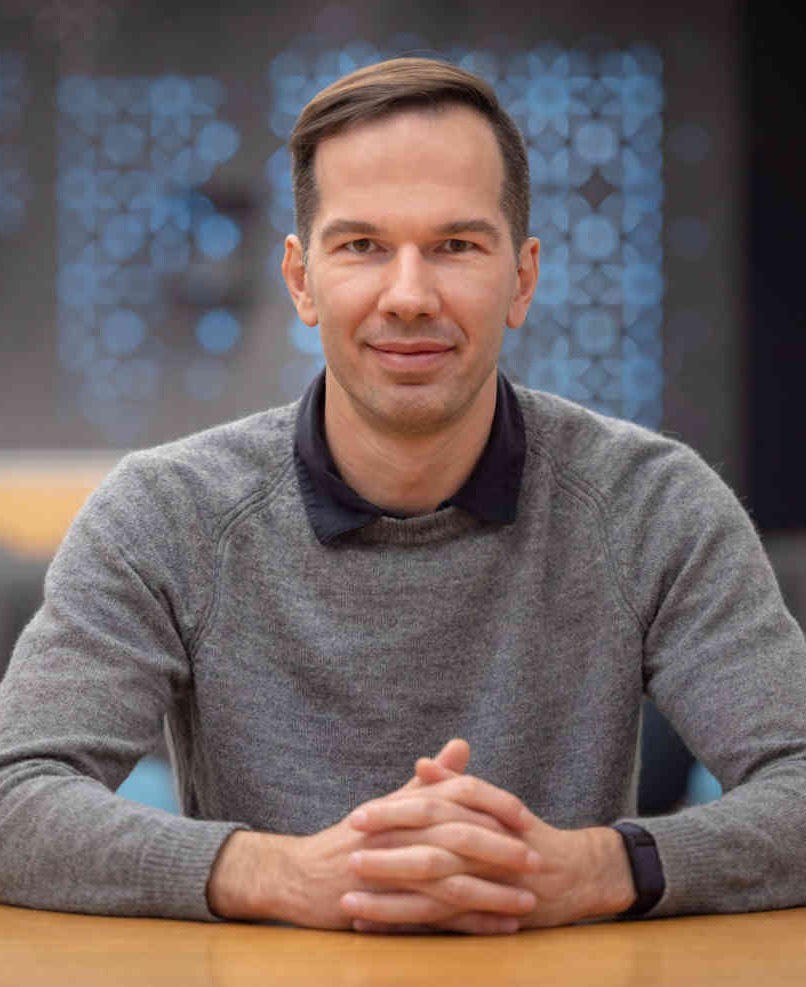
Dusan Perovic
Director
Dusan directs Two Sigma Ventures investing efforts at the intersection of life science / healthcare and data science. He joined Two Sigma in 2007 to work on company growth strategy, and he has since helped the firm launch several new business units. Dusan also worked with research groups across the firm in discovering and evaluating new data sources, which are used in the firm’s investment algorithms. Before Two Sigma, he worked as a management consultant in healthcare/biotech, which he remains passionate about. He graduated from Princeton University with a BSE in Electrical Engineering (magna cum laude) and minors in German literature and dance. Dusan’s first foray into startups was both personal and professional: as a youth, he helped his parents launch their private-label soda business in then-Yugoslavia. Later, he attended an international boarding school in Norway, where he still likes to spend his summer vacations.
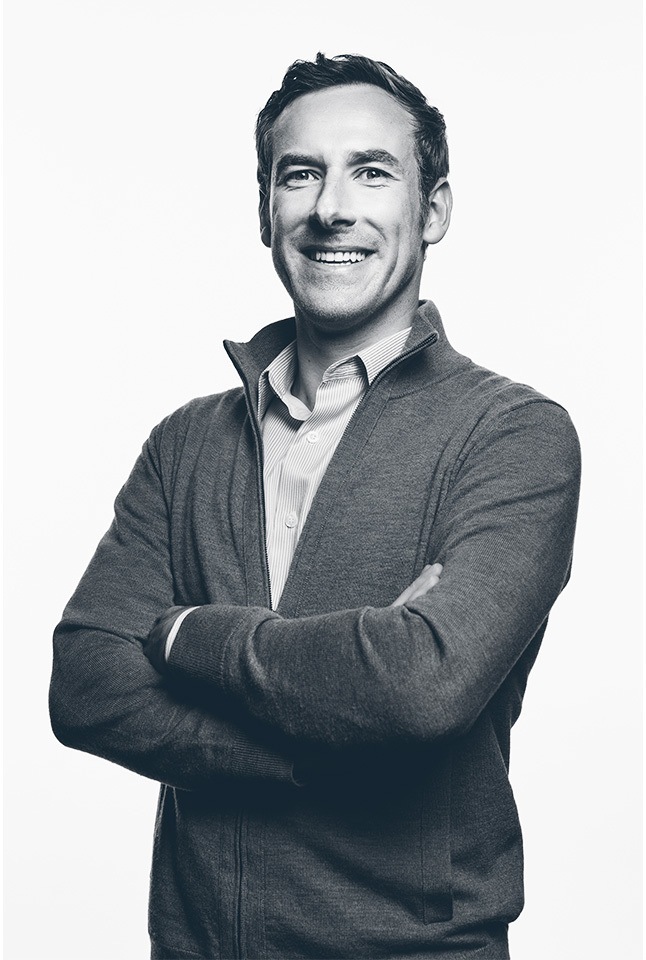
Jonathan Hostens
Director
Jonathan joined Insight in 2020 as a Vice President. Prior to Insight, Jonathan worked at McKinsey & Company in New York, serving predominantly Private Equity and Healthcare clients globally. He served PE clients during and after the investment process in a variety of industries, and served private and public healthcare clients with a focus on strategic growth, M&A, and holistic turnaround programs across the healthcare ecosystem. In addition, he lead McKinsey’s learning and development programs for Private Equity focused consultants worldwide. Jonathan also spent time at Amadeus, a global travel distribution IT group, in its Global Airline Services consulting division, advising airlines on technology driven innovation. Jonathan graduated Magna Cum Laude from the Université catholique de Louvain with a Master’s in Management and the CEMS Master’s in International Management double degree.
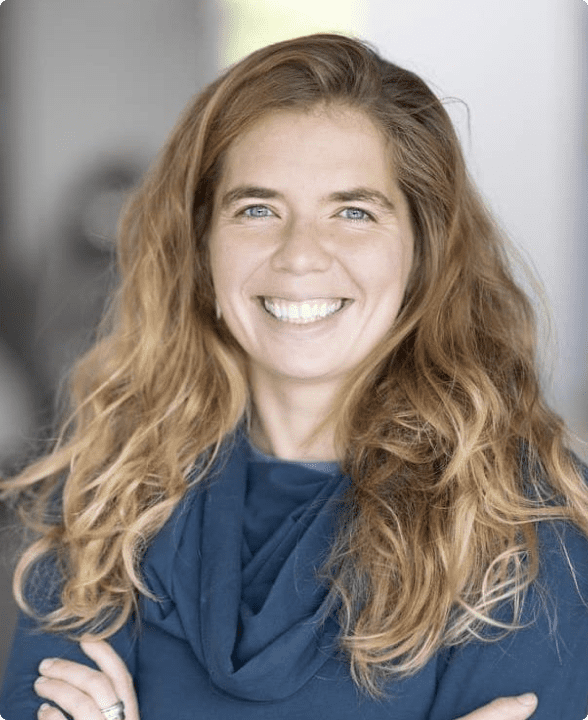
Maryanna Saenko
Director
Maryanna Saenko is an early-stage venture capitalist with an interest in robotics, quantum computing, blockchain, aerospace, and the future of food. Prior to co-founding Future Ventures, she was at Khosla Ventures, and prior to that at DFJ, where she worked with her co-founder Steve Jurvetson to focus on frontier technology investments. She was also an investment partner at Airbus Ventures where she led a series of venture investments strategically aligned with Airbus’ future-of-aerospace initiatives. Before Airbus, Maryanna was a consultant at Lux Research and a research engineer at Cabot Corporation. Maryanna graduated from Carnegie Mellon University with a BS in BioMedical Engineering and a BS and MS in Materials Science and Engineering. Maryana is now a co-founder at Future Ventures, a VC firm that has invested in biotech companies including Faeth Therapeutics, Deep Genomics, and Neuralink.
Scientific and Clinical Advisors

Professor David Albertini
Leading IVM Researcher
Professor Albertini is an international acclaimed expert of assisted reproductive technologies and in vitro maturation. He received his PhD from Harvard University, conducted postdoctoral work at the University of Connecticut Health Center, then returned to Harvard Medical School as an Assistant Professor of Anatomy and Cell Biology. He has held professorships at Tufts University School of Medicine and Kansas University Medical Center, was the Director of Laboratories at The Center for Human Reproduction in New York City, and continues to hold Visiting Scientist appointments at the CHR and Rockefeller University. Since 2009, he has served as Editor-in-Chief of the Journal of Assisted Reproduction and Genetics, an official journal of the American Society for Reproductive Medicine. In 2020, he joined the Bedford Research Foundation, continuing his work on stem cells and ovarian physiology. He is the recipient of many awards, including a Basil O’Connor fellowship from the March of Dimes, the Hammond Medal from the Society for Reproduction and Fertility (UK), and Founder’s Lectureship for the Australian Society of Reproductive Biology and is a Fellow of The International Society for In Vitro Fertilization. Professor Albertini has delivered more than 200 lectures worldwide and has served on scientific advisory boards or grant review councils for Australia, Belgium, Denmark, Scotland, Portugal, Ireland, Italy, and the USA.
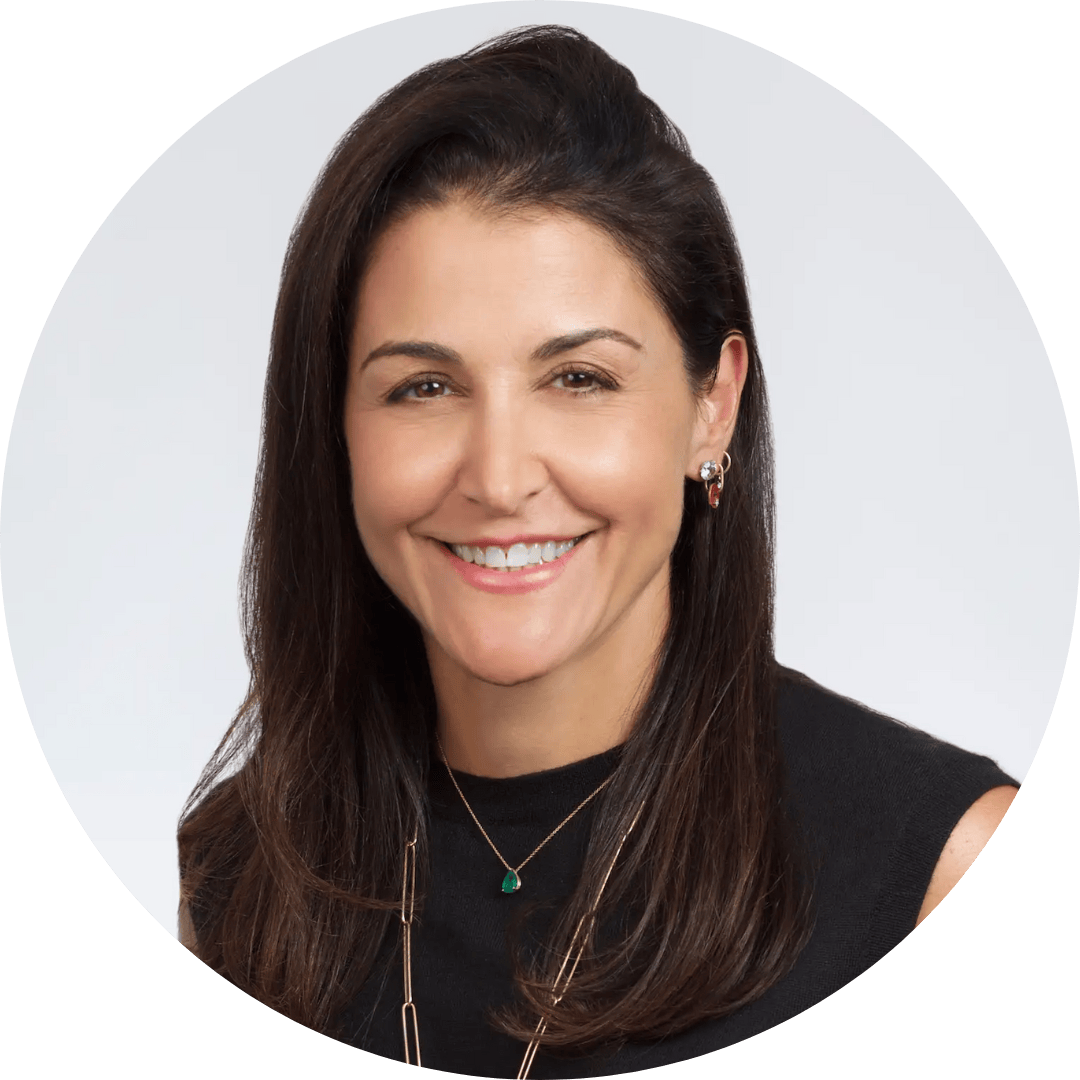
Dr. Jaime Knopman
Leading Reproductive Endocrinologist
Jaime M. Knopman, M.D., is a board-certified reproductive endocrinologist who serves as the Director of Fertility Preservation for CCRM Fertility of New York. After graduating Summa Cum Laude and Phi Beta Kappa from the University of Pennsylvania, Dr. Knopman received her medical degree from Mount Sinai School of Medicine where she was elected to the AOA honor society. She completed both her residency training in Obstetrics and Gynecology as well as her subspecialty training in Reproductive Endocrinology and Infertility from NYU Medical Center. Dr. Knopman received numerous awards from NYU including the Robert F. Porges Award for the Graduating Honor Resident. During her fellowship training, she pursued several areas of research including fertility preservation for medical and elective indications. She has written several sentinel papers devoted to the topic of fertility preservation, specifically egg freezing for cancer patients, has been named to the Super Doctors Rising Stars list, was designated a 2019 New York Super Doctor, named in New York Magazine’s Top Doctors in 2020-2023, and a Castle Connolly Top Doctor 2019-2024 and designated an Exceptional Woman in Medicine. Dr. Knopman is a fellow in the American College of Obstetrics and Gynecology and an active member of the American Society for Reproductive Medicine. She is the medical director of Chick Mission, a non-profit organization dedicated to the critical issues unique to young adult cancer patients with a focus on fertility challenges as a result of chemotherapy, surgery, radiation and/or drug treatment.

Dr. Pietro Bortoletto
Leading Reproductive Endocrinologist
Dr. Pietro Bortoletto is a board-certified reproductive endocrinologist. He completed his residency in Obstetrics & Gynecology at the Brigham & Women’s Hospital/Massachusetts General Hospital Integrated Residency Program in Obstetrics and Gynecology in Boston, Massachusetts. He is a graduate of the Ronald O. Perelman and Claudia Cohen Center for Reproductive Medicine fellowship program at Weill Cornell Medicine in New York City where he also obtained a Masters in Clinical and Translational Investigation at the Weill Cornell Graduate School of Medical Sciences. He is currently a Reproductive Medicine Specialist, Director of Reproductive Surgery, and Co-Director of Oncofertility Program at Boston IVF in Boston, Massachusetts. He is on staff at the Beth Israel Deaconess Medical Center Department of Obstetrics & Gynecology and a clinical instructor at the Harvard Medical School. In addition to his clinical role, Dr. Pietro Bortoletto currently serves as the Interactive Associate in Chief for Fertility & Sterility as well as Media Editor for F&S Reports.

Dr. Michel De Vos
Leading IVM Professor and Physician
Michel De Vos, MD, PhD, has worked as a gynaecologist since 2006 and currently is a Senior Medical Director at the Centre for Reproductive Medicine at Universitair Ziekenhuis Brussel, Belgium and an Associate Professor in Reproductive Medicine at Vrije Universiteit Brussel. He studied medicine in Ghent, Belgium, and holds a PhD in medicine from the University of Leeds, UK. In 2011, ESHRE and the European Board and College of Obstetrics and Gynaecology (EBCOG) recognized him as a subspecialist in reproductive medicine and surgery. Michel has a keen interest in reproductive endocrinology, in vitro maturation of oocytes, and fertility preservation. He is a principal investigator of the FOTO (Freezing Ovarian Tissue and Oocytes) consortium, encompassing oncofertility research projects at three universities in Brussels: Vrije Universiteit Brussel (VUB), Université Libre de Bruxelles (ULB) and Université Catholique de Louvain (UCL) and he is a founding member of the Belgian Fertility Education Initiative (BFEI).
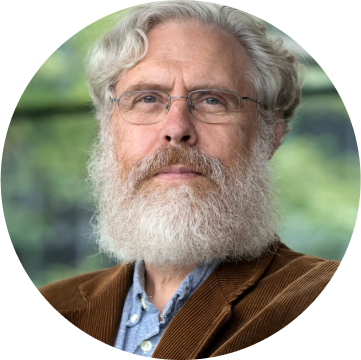
Professor George Church
Geneticist, Molecular Engineer, & Pioneer of Personal Genomics and Synthetic Biology

Professor George Church
Geneticist, Molecular Engineer, & Pioneer of Personal Genomics and Synthetic Biology
George Church is a Professor of Genetics at Harvard Medical School and Professor of Health Sciences and Technology at Harvard and MIT. He leads Synthetic Biology at Harvard’s Wyss Institute, where he oversees the directed evolution of molecules, polymers, and whole genomes to create new tools with applications in regenerative medicine and bio-production of chemicals. Professor Church is widely recognized for his innovative contributions to genomic science and his many pioneering contributions to chemistry and biomedicine. In 1984, he developed the first direct genomic sequencing method, which resulted in the first genome sequence (the human pathogen, H. pylori). He later helped initiate the Human Genome Project in 1984 and the Personal Genome Project in 2005. Professor Church invented the broadly applied concepts of molecular multiplexing and tags, homologous recombination methods, and array DNA synthesizers. His innovations have been the basis for many companies including Editas (Gene therapy); Gen9bio (Synthetic DNA); and Veritas Genetics (full human genome sequencing).
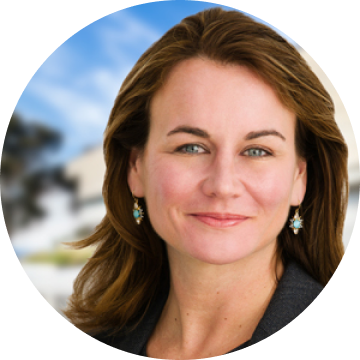
Professor Kristin Baldwin
Professor of Genetics and Development
Kristin Baldwin is a Professor of Genetics and Development at Columbia University and member of the Columbia Stem Cell Initiative. She is a pioneer in reprogramming and stem cell biology. Her research applies reprogramming to assess the impact of aging on diverse cell types and to engineer new cellular models for neurologic, and cardiovascular disease. Dr. Baldwin’s earlier notable work included being the first to clone a mouse from a neuron and then sequence its genome and producing an entire mouse from a skin cell with iPSCs. Her work has been published in premiere journals (i.e Nature, Cell) and has garnered awards (i.e. Pew Scholar, Kavli Fellow and NIH Pioneer Award). Dr. Baldwin holds a Ph.D. in Immunology from Stanford and performed postdoctoral work in Neurobiology at Columbia University with Dr. Richard Axel. She holds several patents and is a co-founder and board observer of Certego Therapeutics.
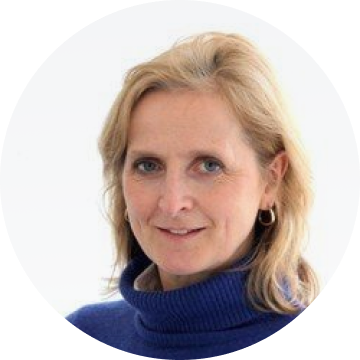
Professor Mary Herbert
Professor of Reproductive Biology
Mary Herbert is a Professor of Reproductive Biology at Newcastle University and Scientific Director at Newcastle Fertility Centre. Professor Herbert’s lab advances knowledge of the biology of germ cells and early embryos with the goals of improving understanding of infertility and extending the scope of reproductive technologies to prevent transmission of disease. After seeing how mitochondrial disease was devastating families, Professor Herbert developed a groundbreaking technique to transfer healthy mitochondria to fertilized embryos using nuclear transplantation. This cutting-edge mechanism has the potential to prevent the transmission of fatal mitochondrial disease from mother to child. Professor Herbert’s work has been critical in the development of UK law permitting these new techniques to be offered in clinical treatment. In addition to mitochondrial disease, Mary’s research focuses on the underlying causes of infertility, miscarriage and birth defects in older women. She is a Fellow of the Royal College of Pathologists and a member of the scientific advisory board for the Association of Clinical Embryologists in the UK.
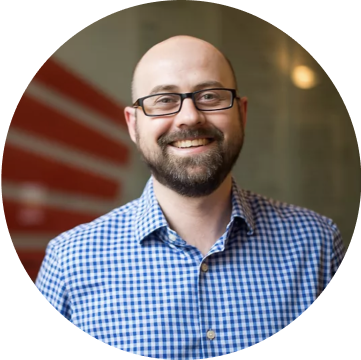
Professor Philip Jordan
Professor of Biochemistry and Molecular Biology
Dr. Philip Jordan is a professor of Biochemistry & Molecular Biology at Johns Hopkins Bloomberg School of Public Health and a professor at the Uniformed Services University of the Health Sciences. Research in the Jordan laboratory focuses on understanding the molecular mechanisms regulating DNA repair, chromosome segregation and cell cycle progression, processes that are essential for normal organismal development, cellular homeostasis and prevention of diseases. In particular, the Jordan lab studies the aberrant expression and mutation of genes which can result in microcephaly, cognitive and growth retardation, infertility, and predisposition to cancer. His research program uses mouse and human pluripotent stem cells to discover the molecular processes that ensure genome stability during gametogenesis and early development.
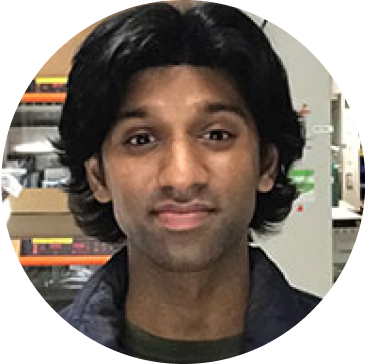
Professor Pranam Chatterjee
Professor of Biomedical Engineering
An expert in cellular reprogramming and computational biology trained at MIT and Harvard. He is the upcoming Assistant Professor at Duke University Medical school, academic member of the Global Consortium for Female Reproductive Longevity & Equality (GCRLE) and a current Research Fellow at Harvard Medical School, where he is developing state-of-the-art algorithms and high-throughput experimental screens to interrogate germ cell development for Gameto. Pranam holds a PhD from the MIT Media Lab, where he developed robust CRISPR technologies, utilizing both experimental and computational methodologies. Pranam holds patents on novel Cas9 enzymes, ScCas9, Sc++, and iSpyMac.

Dr. Daniel Ordóñez
Fertility Specialist Doctor in Spain

Dr. Daniel Ordóñez
Fertility Specialist Doctor in Spain
Dr. Daniel Ordóñez Pérez is a highly experienced Obstetrics and Gynecology specialist with a strong commitment to women’s health. He has been the Head of the Assisted Reproduction Unit at Ruber de Juan Bravo Hospital, now part of the Eugin Group. since 2010. Dr. Ordóñez Pérez earned his medical degree from Complutense University of Madrid (UCM) and completed specialized training at Hospital Universitario 12 de Octubre. He is known for his contributions to the field, including 18 publications in national and 2 international medical journals, as well as co-authoring 5 chapters in gynecology books. Dr. Ordóñez Pérez is an active educator, having organized and taught gynecological endoscopy courses and courses in Obstetrics support. He is also recognized for his presentations at 40 national and international conferences. Dr. Ordóñez Pérez’s dedication to research and excellence has earned him several awards, including the first prize at the National Congress of Gynecological Endoscopy in 2000. He is a member of the National Society of Obstetrics and Gynecology and Fertility, demonstrating his commitment to advancing women’s healthcare. Dr. Ordóñez has conducted studies of Fertilo with his patients in Madrid.

Matthew “Tex” VerMilyea
Leading IVF Laboratory Researcher
Dr. VerMilyea is board certified as both a clinical consultant and a high complexity clinical laboratory director. He is well-known within the IVF research community for leading innovative, collaborative studies to advance the science of fertility care, including award-nominated research involving the use of artificial intelligence in IVF. He is frequently invited to present these collaborative studies’ findings at the largest fertility care conferences in the United States and abroad. Dr. VerMilyea received a bachelor of science degree from Cornell University and his PhD in epigenetics from The University of Birmingham in the United Kingdom. He then completed post-doctoral fellowships in the chromatin and gene expression laboratories at the Institute of Biomedical Research in Birmingham, UK. He later was selected as a research fellow for the Japan Society for the Promotion of Science, where he completed a second fellowship in the Laboratory of Mammalian Molecular Embryology at the RIKEN Institute in Kobe, Japan. Maintaining his foundation in genetic and molecular research, he chose to return to clinical human IVF and develop a career as an accomplished embryologist, laboratory director, and scientific collaborator. Dr. VerMilyea has performed extensive IVF research in non-invasive artificial intelligence applications, preimplantation genetic testing methodology, embryo culture protocols, selective single embryo transfers, enhanced sperm selection, and the vitrification (freezing) and preservation of eggs, embryos, and reproductive tissue. He has positively influenced the field of reproductive medicine as an instructor at the University of Pennsylvania, honorary research associate at Victoria University of Wellington, New Zealand, and honorary lecturer at Auckland University, New Zealand.
Bioethics Committee
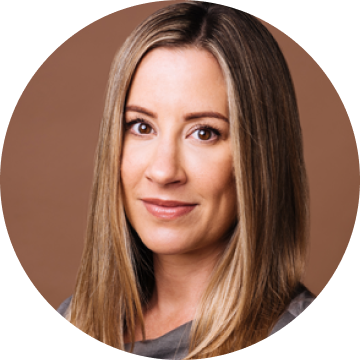
Leslie Schrock
Leslie Schrock is an author, entrepreneur, and angel investor working at the convergence of health and technology, primarily in women’s and family health. Her first book, Bumpin’: The Modern Guide to Pregnancy mixes clinical research with practical advice for working families. Her second book, Fertility Rules, (Simon Element, June 2023) takes the same approach to fertility. Leslie is also an investor in Caribou, Roon, Pangea, Tonal, Perchwell, Cenegenics, Legacy, Kinfield, Neverland, and dbt Labs, advisor to Maven, Alife, Origin, Oath, and Precisely, a member of Gameto’s bioethics board, and on the board of advisors at her alma mater, The University of Texas at Austin. Leslie was named one of Fast Company’s Most Creative People in Business, and has been featured in The Economist, CNBC, Fortune, NPR, Time, GQ, Forbes, Entrepreneur, Wired, and The New York Times.
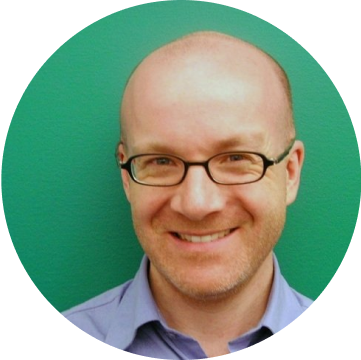
Andrew Mclaughlin
Andrew McLaughlin is an expert in technology ethics, law, and public policy. He served as Deputy Chief Technology Officer of the United States on President Obama’s senior White House staff and on the Obama/Biden Presidential transition team, as a member of the Technology, Innovation, and Government Reform cluster. He has worked at Google, ICANN, Tumblr, betaworks, Digg, Assembly OSM, Higher Ground Labs, and Code for America. He has also taught at Stanford and Harvard Law Schools and held fellowships at Stanford Law’s Center for Internet & Society, Harvard Law School’s Berkman Center for Internet and Society, Columbia University’s School of International and Public Affairs, the Young Leaders Forum of the National Committee on US-China Relations, the New America Foundation, and Princeton’s Center for Information Technology Policy. He has received numerous honors, including being named one of Time Magazine’s Digital Dozen and a Global Leader for Tomorrow by the World Economic Forum.
Our Offices
New York, NY
Alexandria Center for Life Sciences
Austin, TX
Corporate Headquarters
Join Us
If you’re interested in joining our mission-driven team and would like to contribute to our work, please take a look at our open positions or get in touch.
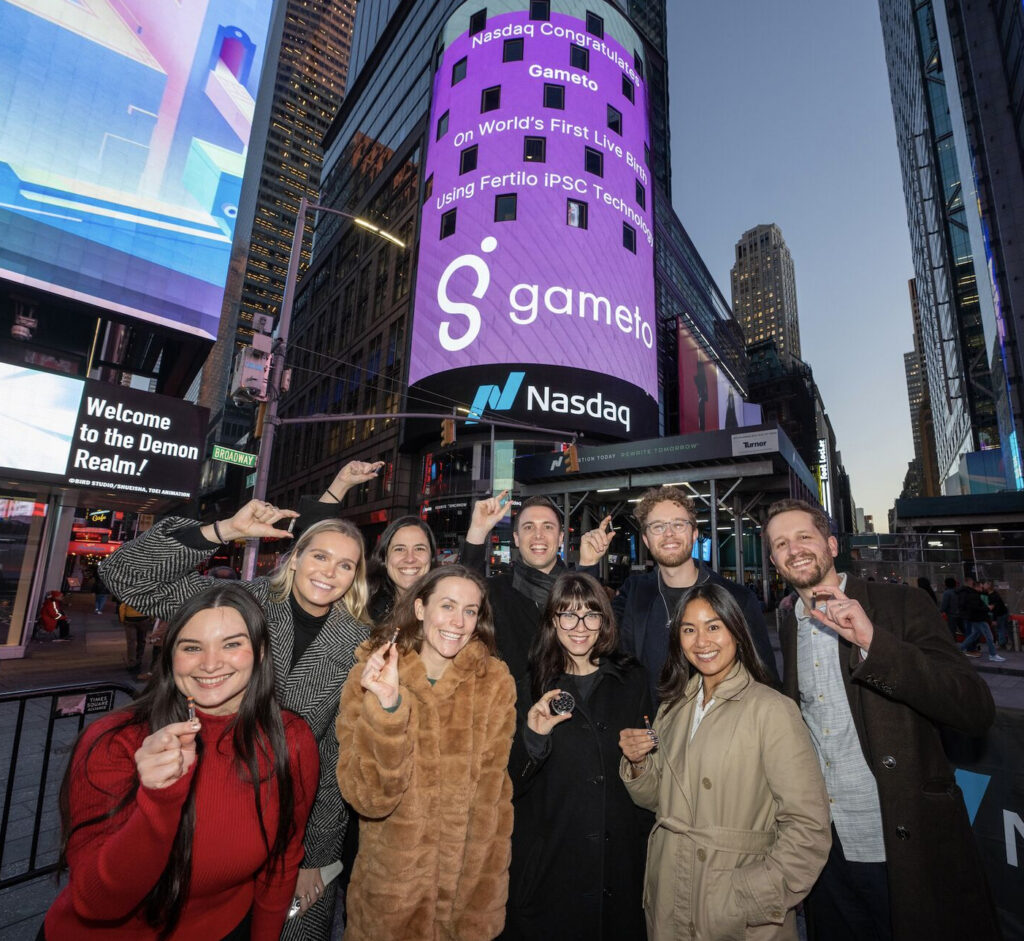
Our investors help us modernize and improve women's health
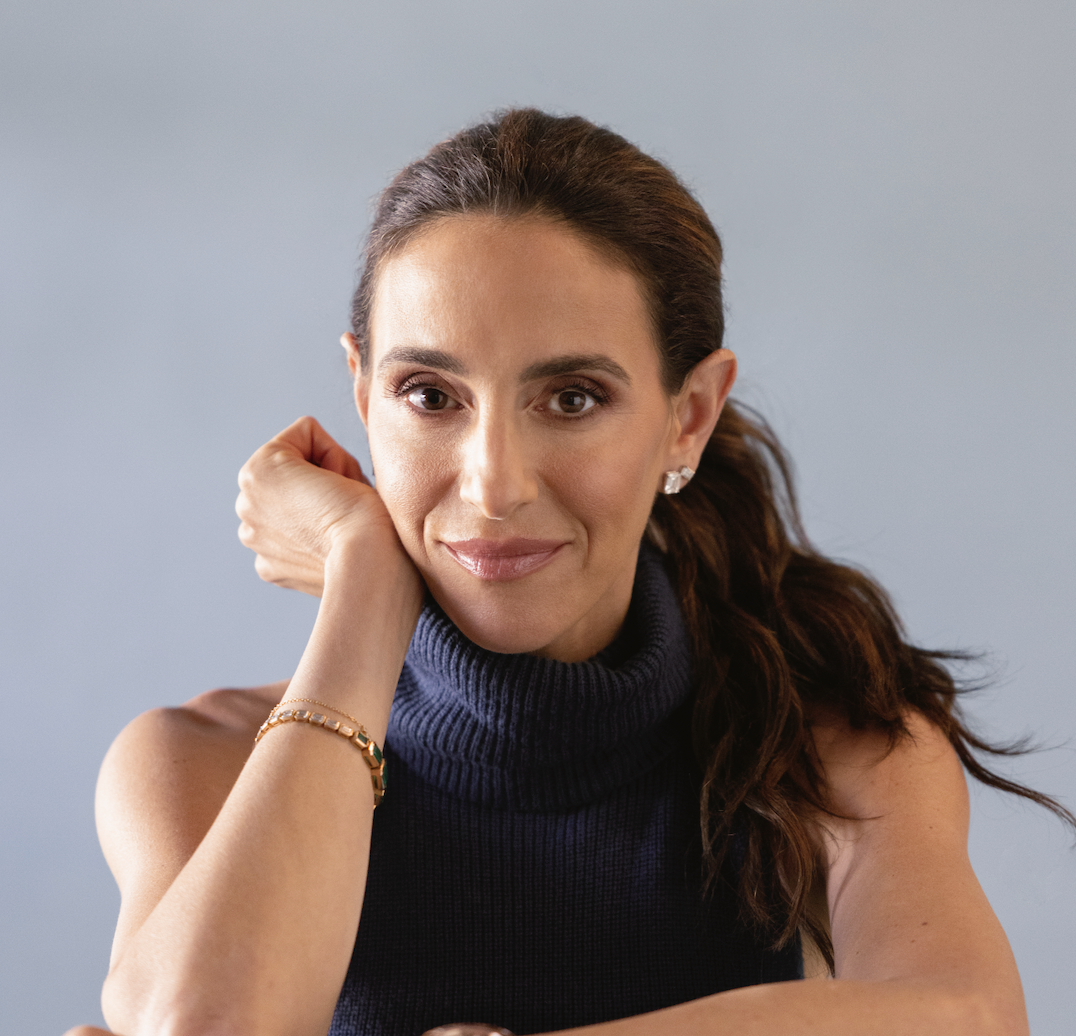
Chelsea Hirschhorn
Frida

Stacey Bendet Eisner
alice + olivia
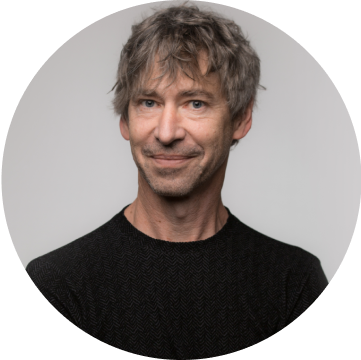
Robert Nelsen
Arch Ventures
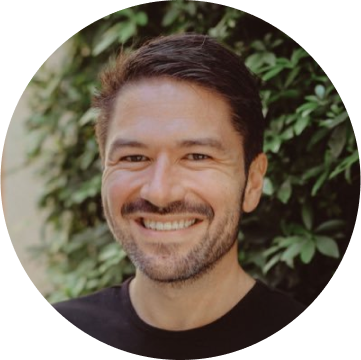
Jack Abraham
Atomic
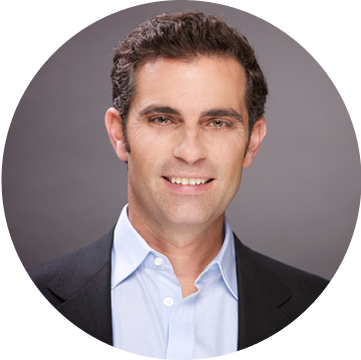
Dan Rose
Coatue Ventures
